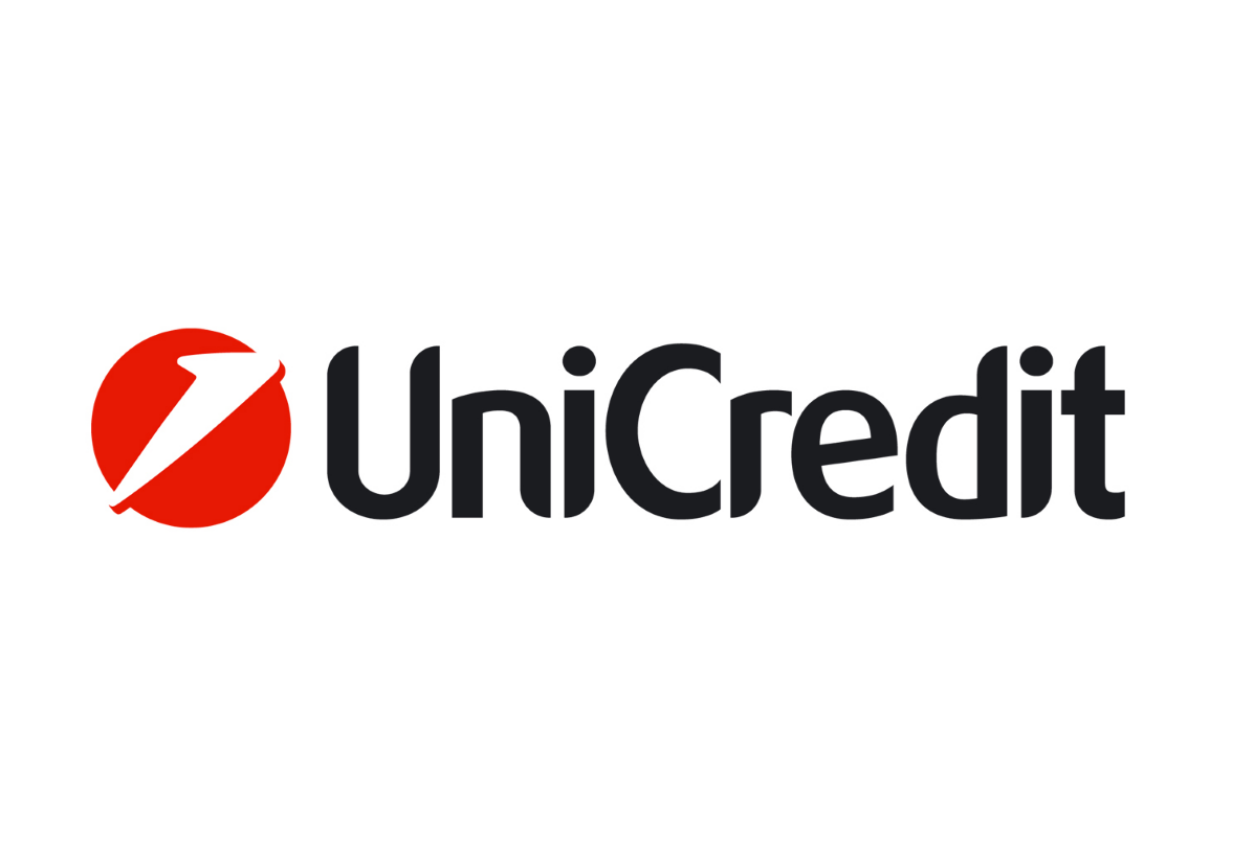The European Commission has approved UniCredit's proposed acquisition of Italian rival Banco BPM, subject to the divestment of 209 physical branches to address competition concerns in local banking markets.
The approval comes after the commission's investigation found that the merger would raise competition concerns in 181 local areas across Italy, where both banks have significant branch networks serving retail consumers and small and medium-sized enterprises.
UniCredit, Italy's second-largest banking group by assets, committed to selling the branches in problematic overlap areas to preserve competition in local markets for deposits and loans. The commission said the commitments would ensure that the combined market shares of the merged entity would remain moderate following the transaction.
"These commitments fully address the competition concerns identified by the Commission, by removing the horizontal overlap between the companies' activities in those areas and ensuring that competition is preserved," the commission said in a statement.
The decision is conditional upon full compliance with the commitments, which will be monitored by an independent trustee under commission supervision. The commission concluded that following the branch divestments, the transaction would no longer raise competition concerns for retail banking and small business services.
At the regional level, the commission found no competition concerns for large corporate client banking services, as several other established competitors would remain active in the market after the merger.
The commission also rejected a request from the Italian competition authority to refer the merger assessment to Italian competition law. The EU executive said it was better placed to handle the case given its expertise in analysing banking markets and particular interest in preserving competition in sectors crucial for the development of the Capital Markets Union and Savings and Investment Union.
"The Commission is well placed to deal with the transaction as it has developed significant expertise in analysing banking markets," the statement said.
UniCredit operates primarily in Italy, Germany and Central and Eastern Europe, whilst also maintaining smaller operations in the UK and US. The bank provides retail, commercial and private banking services alongside insurance and asset management.
Banco BPM, currently Italy's third-largest banking group by assets, was formed in 2017 through the merger of Banco Popolare and Banca Popolare di Milano. The bank focuses on retail, commercial and investment banking services within Italy, along with insurance and asset management offerings.
The transaction was notified to the commission on 24 April 2025. Under EU merger regulation, the commission has 35 working days to review transactions where commitments are proposed during the initial phase investigation.
Both banks are publicly listed companies, with UniCredit trading on the Milan, Frankfurt and Warsaw stock exchanges, whilst Banco BPM shares are listed on the Milan exchange.
Latest News
-
Gemini to cut quarter of workforce and exit UK, EU and Australia as crypto slump forces retrenchment
-
Bank ABC’s mobile-only ila bank migrates to core banking platform
-
Visa launches platform to accelerate small business growth in US
-
NatWest to expand Accelerator programme to 50,000 members in 2026
-
BBVA joins European stablecoin coalition
-
eToro partners with Amundi to launch equity portfolio with exposure to ‘megatrends’
Creating value together: Strategic partnerships in the age of GCCs
As Global Capability Centres reshape the financial services landscape, one question stands out: how do leading banks balance in-house innovation with strategic partnerships to drive real transformation?
Data trust in the AI era: Building customer confidence through responsible banking
In the second episode of FStech’s three-part video podcast series sponsored by HCLTech, Sudip Lahiri, Executive Vice President & Head of Financial Services for Europe & UKI at HCLTech examines the critical relationship between data trust, transparency, and responsible AI implementation in financial services.
Banking's GenAI evolution: Beyond the hype, building the future
In the first episode of a three-part video podcast series sponsored by HCLTech, Sudip Lahiri, Executive Vice President & Head of Financial Services for Europe & UKI at HCLTech explores how financial institutions can navigate the transformative potential of Generative AI while building lasting foundations for innovation.
Beyond compliance: Building unshakeable operational resilience in financial services
In today's rapidly evolving financial landscape, operational resilience has become a critical focus for institutions worldwide. As regulatory requirements grow more complex and cyber threats, particularly ransomware, become increasingly sophisticated, financial services providers must adapt and strengthen their defences. The intersection of compliance, technology, and security presents both challenges and opportunities.
© 2019 Perspective Publishing Privacy & Cookies














Recent Stories